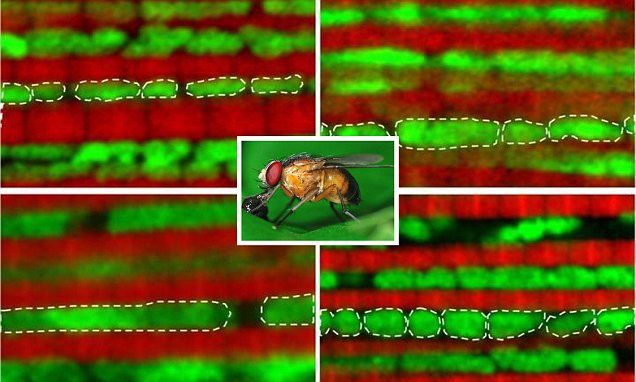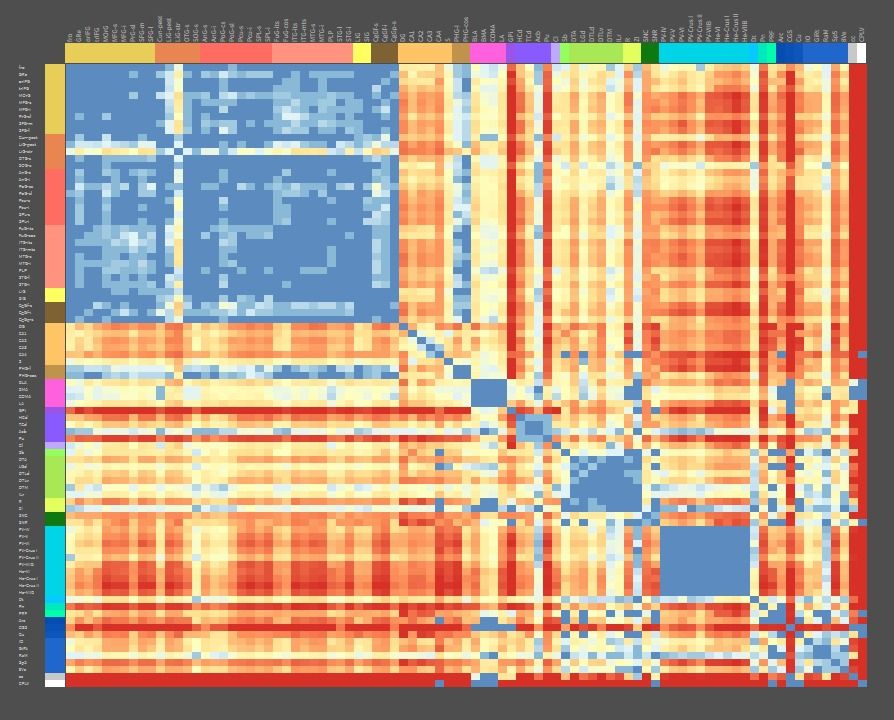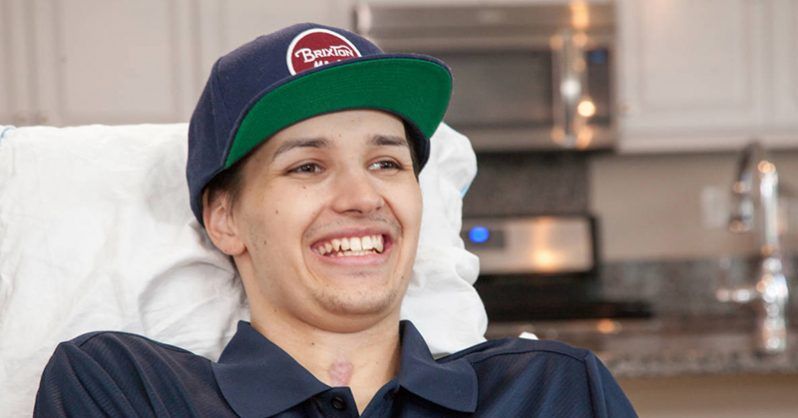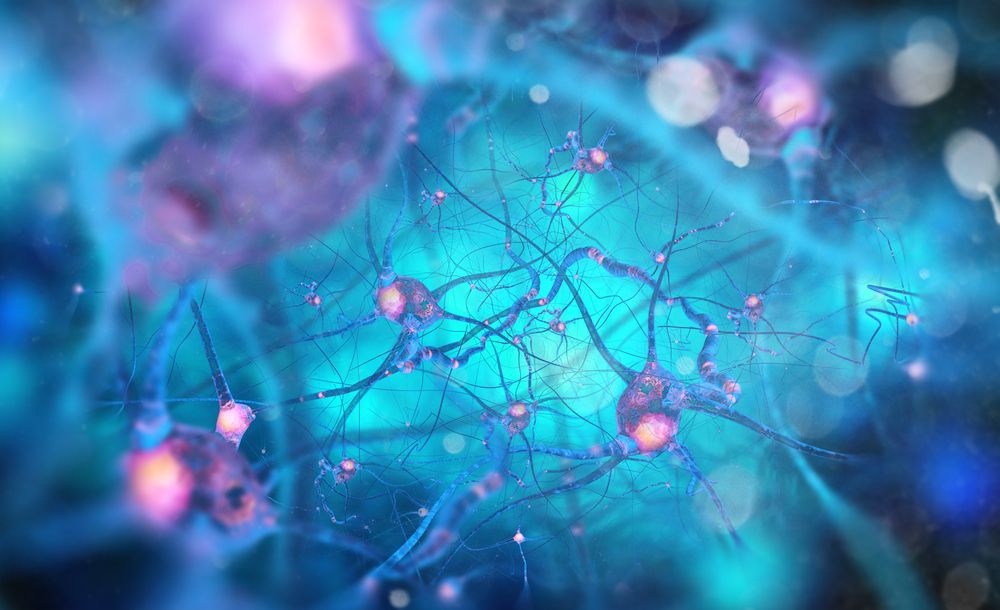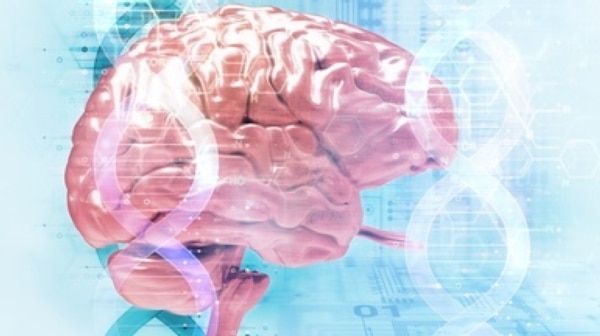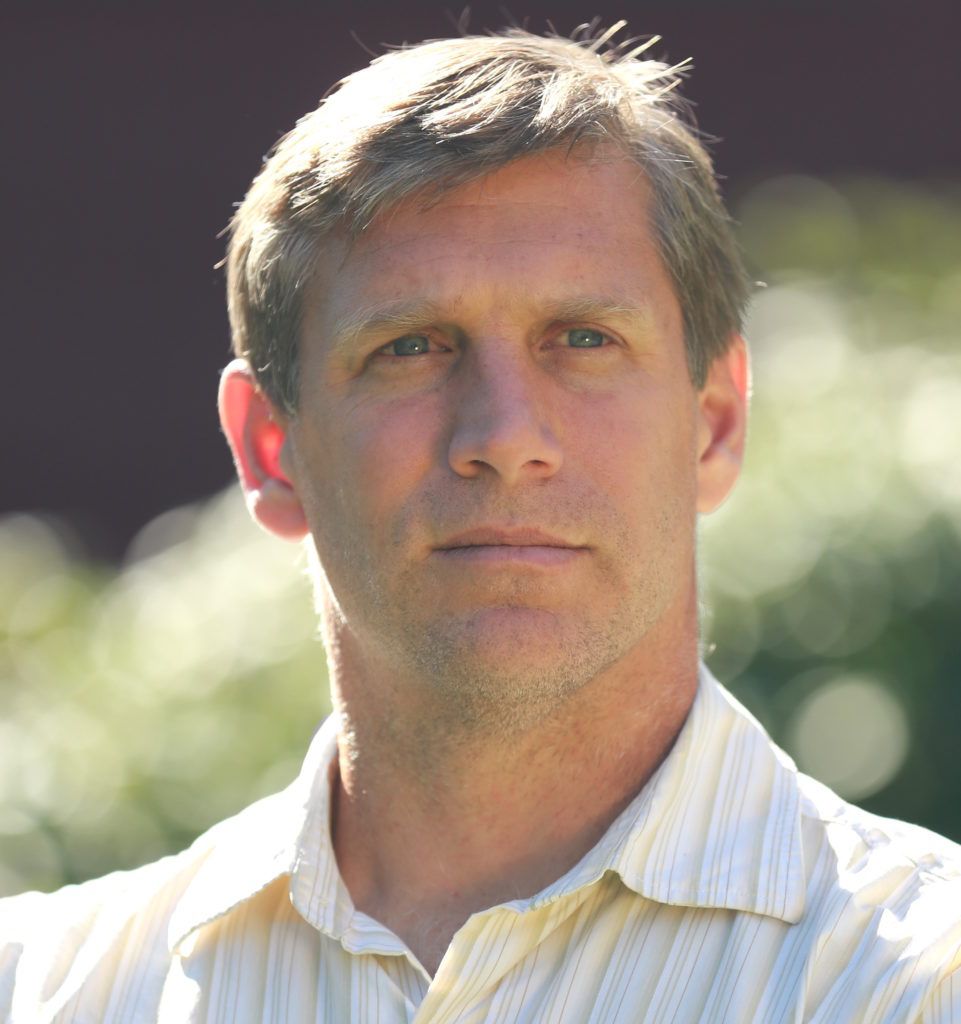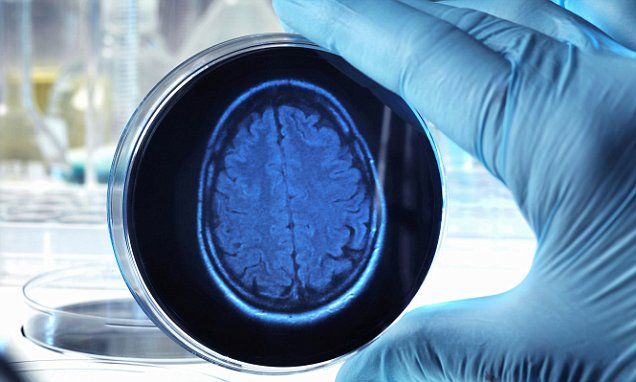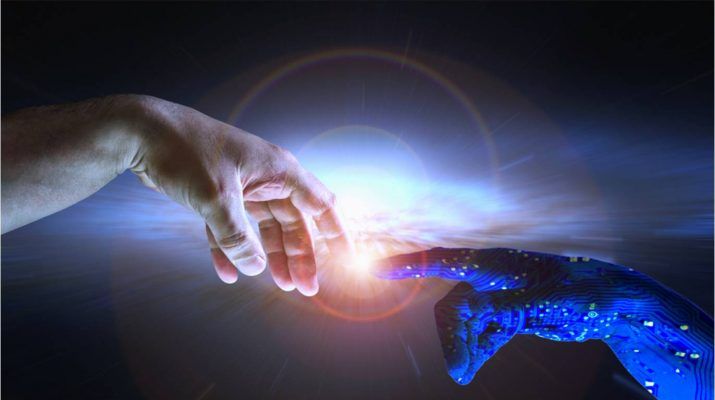Sep 6, 2017
Cellular ‘time machine’ could offer Parkinson’s treatment
Posted by Carse Peel in categories: biotech/medical, life extension, neuroscience
The secret to a long life? A protein that acts as a cellular ‘time machine’ is found to extend the lifespan of fruit flies by 20%.
Biologists have turned back the clock on ageing in the cells of fruit flies, by increasing levels of a protein called Drp1.
Continue reading “Cellular ‘time machine’ could offer Parkinson’s treatment” »
